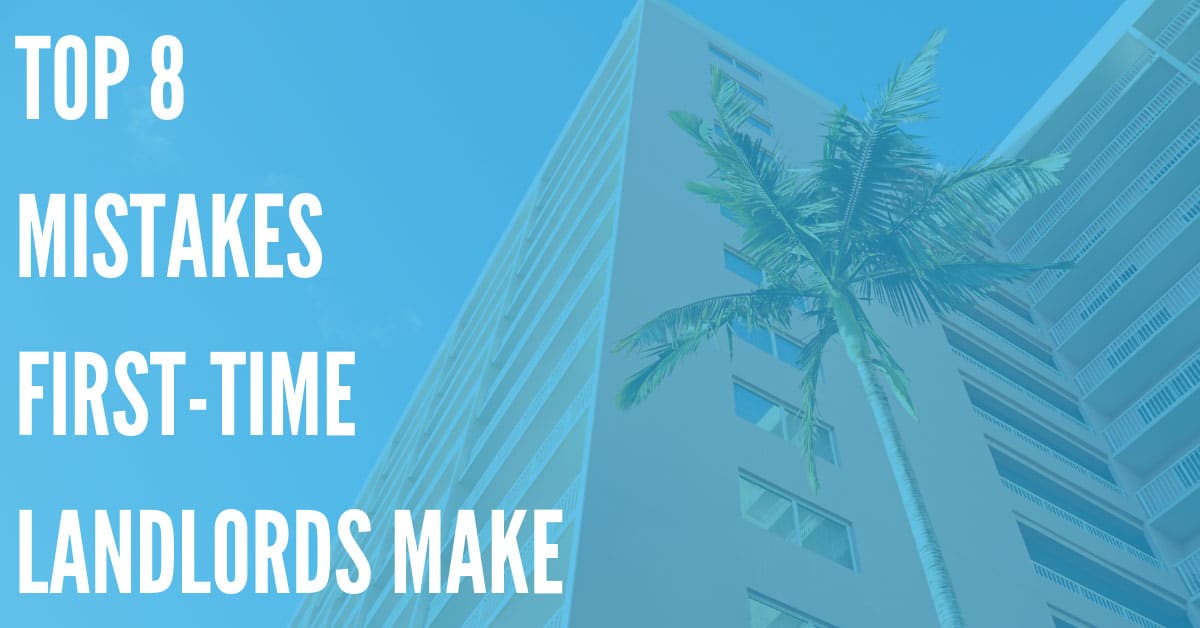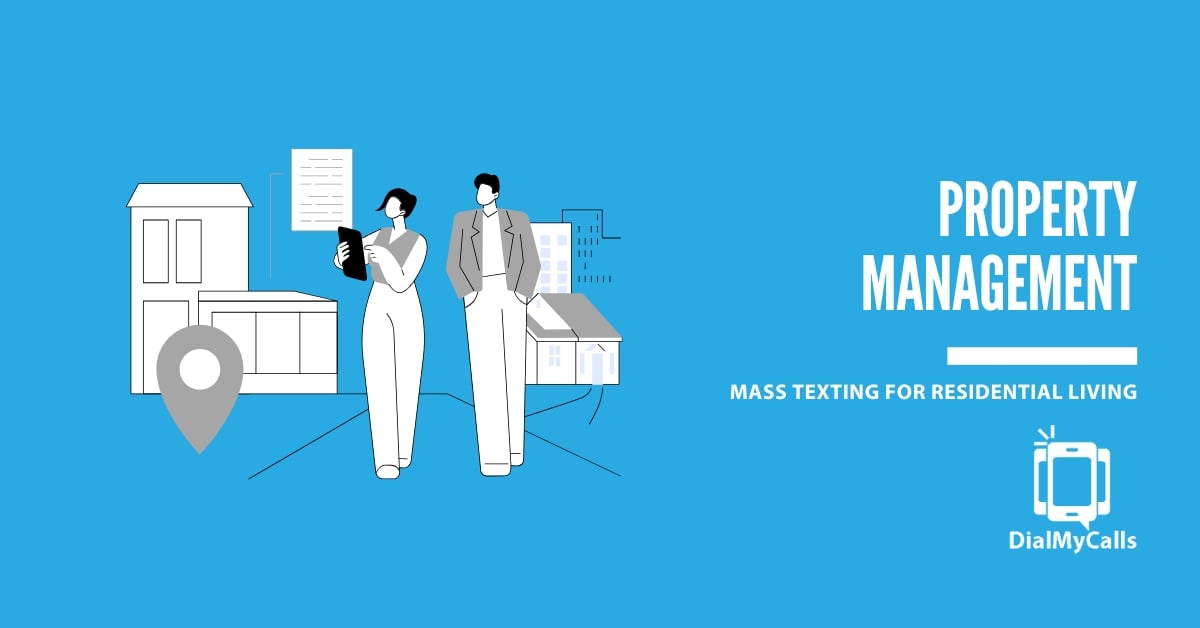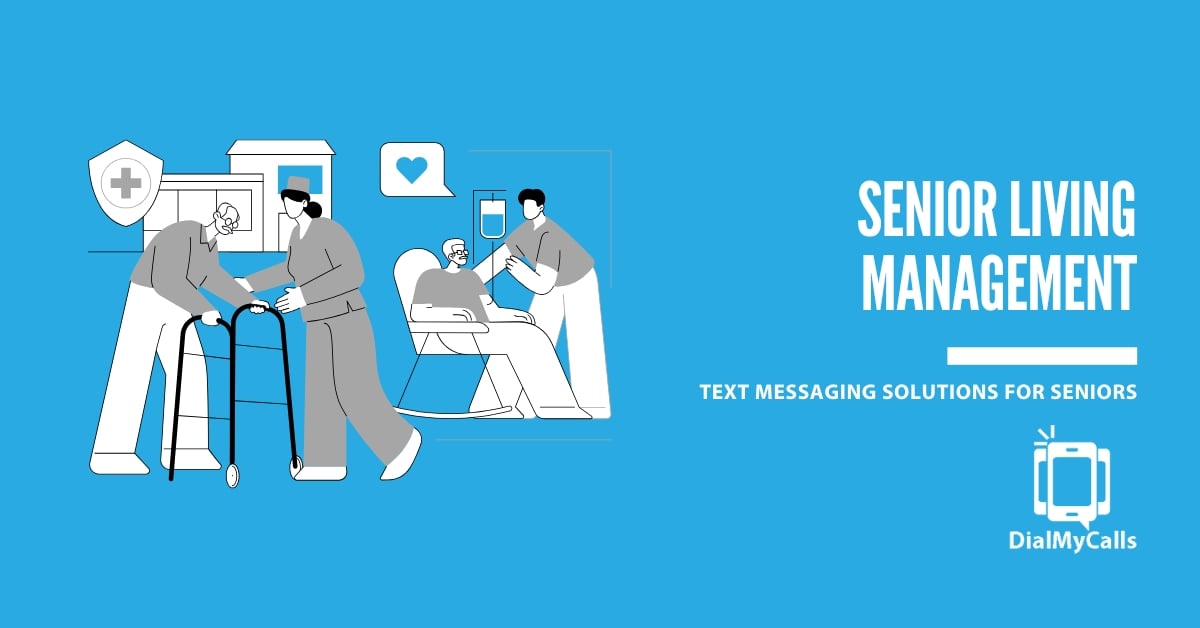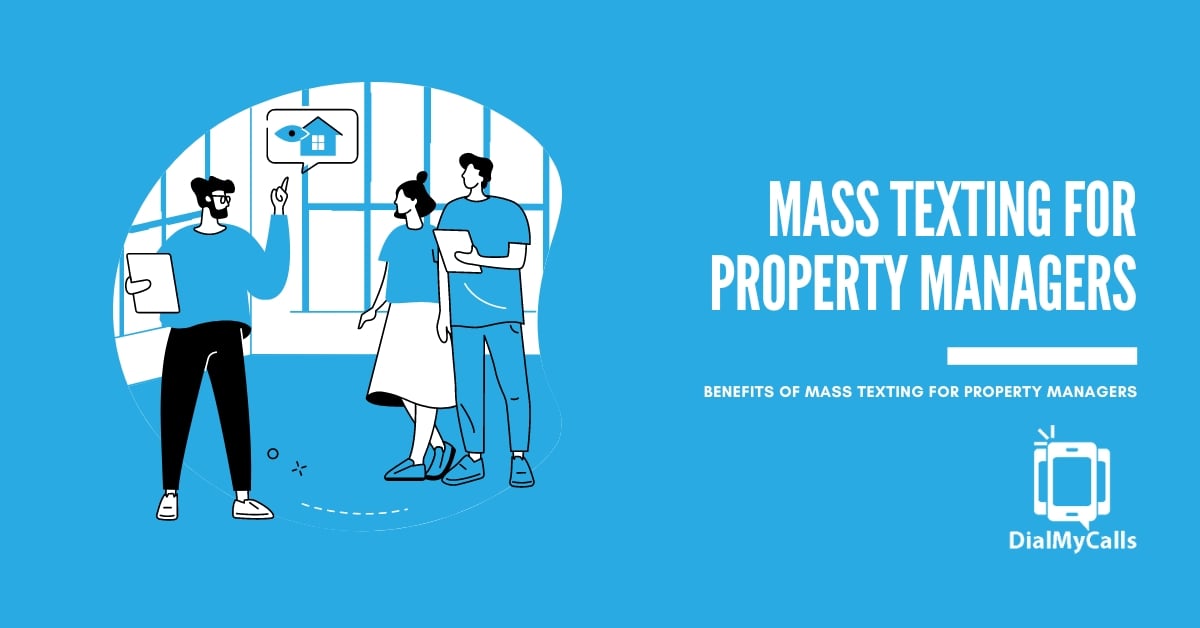Author
Tim Smith is the Media Manager at DialMyCalls, where he has leveraged his expertise in telecommunications, SaaS, SEO optimization, technical writing, and mass communication systems since 2011. Tim is a seasoned professional with over 12 years at DialMyCalls and 15+ years of online writing experience.
Try Using DialMyCalls Right Now
Start For FreeRecent Posts
- 8 Creative SMS Marketing Ideas to Boost Engagement This Summer
- 15 Ways to Use QR Codes For Event Promotion & Attendee Engagement
- Top 6 Automated Calling Service Providers For Your Business
- Boost Customer Experience with QR Codes: From Menus to Payments
- Everything You Should Know About Ringless Voicemail
Categories
“I am a youth minister and have spent hours in the past calling students individually to remind them of an upcoming event or to get out an urgent announcement. With DialMyCalls.com, I cut that time down to about 1 minute. I also love how I can see exactly who answered live and how long they listened so I know if they heard the whole message. DialMyCalls.com is the best website I have stumbled upon all year! Thanks!”
Central Baptist Church
Try Using DialMyCalls Right Now
Start For Free8 Mistakes Every First-Time Landlord Makes
Posted by Tim Smith in Property Management on April 26, 2019
Updated on September 3, 2024

If you just recently purchased your first rental property, congratulations! Owning real estate is a great way to build wealth, and becoming a landlord can be a very rewarding experience. It’s not easy, though – there are a lot of things you need to know before you start renting out your property.
So, in this article, we’ll be looking at just a few of the mistakes that every first-time landlord makes. Read on, and make sure you can avoid these common missteps!
1. Not Running Proper Background Checks on a Tenant
Rental background checks are key to make sure that you’re renting to a tenant who is in a good financial situation, has a strong rental history, and will care for your property. Don’t let first impressions fool you – even a tenant who seems ideal for your property at the first glance can be a nightmare.
At a minimum, you should be running a background check that consists of:
- A credit check
- Background/criminal checks
- Employment history
- Rental/eviction history
- Inquiries
- Public records (court documents, etc.)
You don’t have to do all of this yourself, of course. There are dozens of online background check companies who specialize in serving landlords, and can provide you with a comprehensive background check in just a few minutes.
2. Underestimating the Cost of Maintenance
You can expect that maintenance will cost you about 1-2% of the property’s value per year. This means if you own a $150,000 duplex, you shouldn’t be surprised if you have to pay $1,500-$3,000 in repairs each year. Some years, you may have to pay higher costs – if the roof is damaged, for example, or the furnace dies. Be prepared for this.
Another rule of thumb is the 50% rule – you can expect total operating costs of your rental including maintenance, repairs, property taxes, insurance and other such costs to total about 50% of your rental property income. If you’re renting for $1,200 per month, about $600 of that will go towards keeping your property in good shape.
3. Viewing Your Rental Property as A “Hobby”
If you own just one or two properties, being a landlord probably won’t be your full-time job until you invest in a few more units. However, that doesn’t mean you should take it lightly, or view it as a hobby.
You won’t have to spend that much time managing your units – but when you do so, take it seriously. You are running a business – and unless you bring a business-focused attitude toward your landlording strategy, you’ll run into a lot of issues.
4. Not Structuring Your Lease Properly
Don’t try to write a lease yourself. It’s always worth it to pay up and have a lawyer create a lease for you – or visit a website like LegalZoom to have a lease created for you.
The terms outlined in your lease are legally binding – and even a single oversight, such as failing to mention that pets are not allowed, can cause you a lot of headaches if things go south with a tenant.
Not only does a lease agreement outline the requirements for your tenants, but it also outlines your duties and responsibilities – so structuring your lease properly and abiding by all state and local regulations for leasing a property is absolutely essential.
5. Failing to Check in on Tenants Regularly and Communicate With Them
Your tenants are your biggest asset as a landlord. Good tenants will care for your property, and are extremely valuable – so you don’t want them to leave. However, even good tenants may be frustrated if you don’t regularly respond to their questions, or fail to communicate properly.
Missed Appointments? Not Anymore
Use SMS & Phone Calls to Automatically Send Appointment Reminders
We recommend checking in on your tenants every month or two – even just a simple message that says “I just wanted to check in and see if you’re having any problems” can go a long way! Your tenants can tell you about any issues that they’re having, and you can find a solution that will keep them satisfied, keep them happy, and keep them in your property!
Using a service like DialMyCalls, you can quickly and easily send these messages to all of your renters. And because DialMyCalls supports two-way text messaging, you can respond to each tenant individually using its intuitive online platform.
6. Not Requiring Renters Insurance
It’s a good idea to require renters insurance in your lease. Why? Because if your property is damaged by negligence by the tenant – like a candle being knocked over and causing a fire – your tenant’s renters insurance will cover the damages, and help defray the costs of repairing your unit.
If your renters don’t have insurance, you may have to pay out of pocket for repairs, or you may have to file a claim with your insurance company, which can cause your rates to spike.
7. Failing to Document Tenant Communications
Even if you have good tenants, it’s a good idea to keep records of your communications with them whenever you can – backups of SMS text messages and emails, voicemails, and other such communication can be helpful if there is ever an issue with your tenants, and you have to go to court.
8. Delaying the Eviction Process When Tenants Refuse to Pay
If your tenants can’t pay their rent, you have to evict them. You need to understand that this is not personal – it’s business. If your tenants have not paid their rent as outlined in their lease, you have the right to begin eviction proceedings.
Chances are that the situation will not get better if you wait – so evicting your tenants right away is the best way to get them out of your property, and start renting it to someone who can pay their rent on time.
Understand These Common Mistakes – And Avoid Them!
If you’re a first-time landlord, you can make your life much easier by avoiding these common mistakes. So don’t be intimidated – once you’ve got the hang of things, being a landlord can be very fulfilling!


